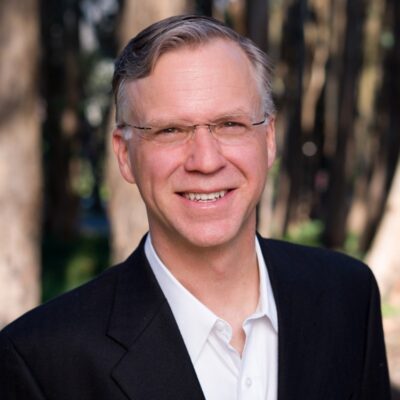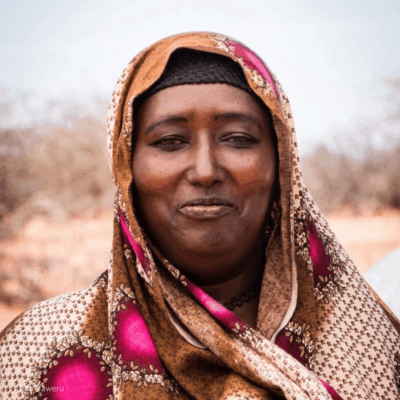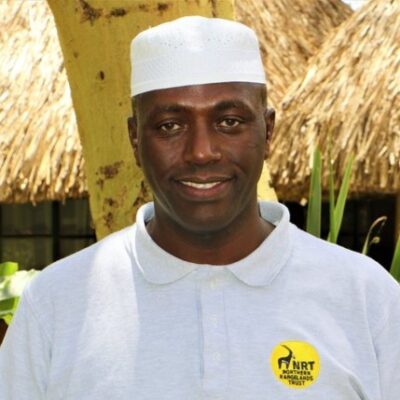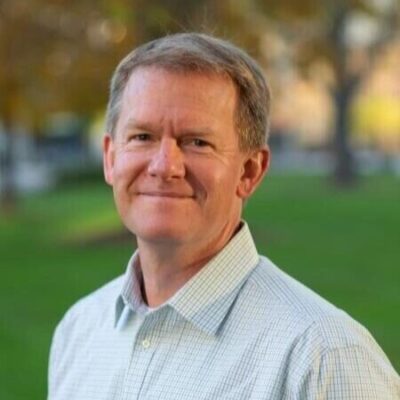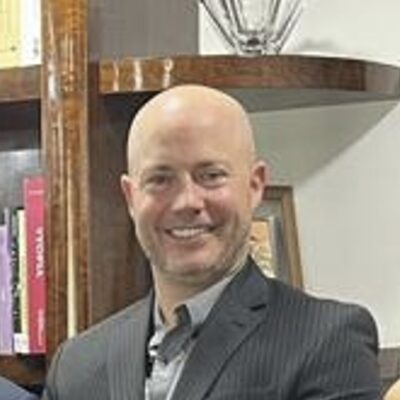Listeners:
Top listeners:
-
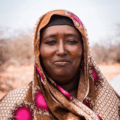 play_arrow
play_arrow
118 | Kenyan Herders Say Judgement Against Them Based on Forged Signatures / Continuation of Episode 117
-
 play_arrow
play_arrow
117 | Surviving Survival Internatinal, Part 1: Kenyan Elders Call Foul on International Media, NGOs
-
 play_arrow
play_arrow
116 | From Ticking Time Bomb to Demographic Dividend: James Mwangi and Kenya's Great Carbon Valley
-
 play_arrow
play_arrow
115 | Unpacking Donald Trump's Very Weird Environmental Orders
-
 play_arrow
play_arrow
114 | Michael Greene: Carbon Cowboy or Lone Ranger? Part 1
-
 play_arrow
play_arrow
113 | The Future of Environmental Finance: Strategies for Biodiversity and Climate Solutions, with David Hill and George Kelly
-
 play_arrow
play_arrow
112 | Fantasy Football and Dynamic Baselines: New Tools for Impact Assessment
-
 play_arrow
play_arrow
111 | The False Dichotomy Between Reductions and Removals (Rerun)
-
 play_arrow
play_arrow
110| Ecological Economics, Systems Thinking, and the Limits to Growth
-
 play_arrow
play_arrow
109 | How Brazil's Quilombola Communities are Planting the Seeds of Sustainability for Small Farms Around the World, with Vasco van Roosmalen of ReSeed
Transcript
Support Bionic Planet:
https://www.patreon.com/bionicplanet
Guests:
Jim Pittman (https://www.linkedin.com/in/jamespittman/)
Matt Orsagh (https://www.linkedin.com/in/matt-orsagh-a1b8417/)
Steve Rocco (https://www.linkedin.com/in/steverocco/)
Books Referenced:
Ecological Economics (https://www.goodreads.com/book/show/77985.Ecological_Economics?ac=1&from_search=true&qid=ZDNVmbxl5B&rank=1)
The Limits to Growth (https://www.goodreads.com/book/show/705418.Limits_to_Growth?from_search=true&from_srp=true&qid=1uh5jgBt1O&rank=1)
The Web of Life (https://www.goodreads.com/book/show/26155239-web-of-life)
Thinking in Systems (https://www.goodreads.com/book/show/3828902-thinking-in-systems?from_search=true&from_srp=true&qid=Q81KDn3a1D&rank=1)
Energy and Civilization (https://www.goodreads.com/book/show/31850765-energy-and-civilization?from_search=true&from_srp=true&qid=pCNkYwiE3S&rank=1)
Sustainability is for Everyone (https://www.goodreads.com/book/show/19107270-sustainability-is-for-everyone?from_search=true&from_srp=true&qid=sX3sH8kdj5&rank=1)
Less is More (https://www.goodreads.com/book/show/53328332-less-is-more?ref=nav_sb_ss_1_12)
Donut Economics (https://www.goodreads.com/book/show/57410899-donut-economics?ref=nav_sb_ss_1_15)
Technical Revolutions in Financial Capital (https://www.goodreads.com/book/show/60509.Technological_Revolutions_and_Financial_Capital?from_search=true&from_srp=true&qid=TcwHjED9BR&rank=1)
The End of Nature (https://www.goodreads.com/book/show/199359.The_End_of_Nature?ref=nav_sb_ss_1_17)
In Season 9, Episode 110 of Bionic Planet, titled “Ecological Economics, Systems Thinking, and the Limits to Growth,” we delve into a thought-provoking discussion with ecological economists Jim Pittman, Matt Orsagh, and Steve Rocco. The episode explores the fundamental concepts of ecological economics, systems thinking, and the difference between overshoot and tipping points.
The conversation begins with a reflection on the limitations of using GDP as a measure of a nation’s health, as highlighted by economist Simon Kuznets, the inventor of GDP. The guests emphasize the importance of rethinking economic health and well-being, shifting from a focus on GDP growth to a more holistic approach that includes human and planetary health.
The discussion then delves into the historical context of the environmental movement, referencing influential books like “The End of Nature” by Bill McKibben and “The Limits to Growth” published in 1972. The guests highlight the interconnectedness of human activities, climate change, biodiversity loss, and the urgent need to address these issues before reaching irreversible tipping points.
The conversation also touches on the concept of degrowth, which proposes an equitable downscaling of production and consumption to enhance human well-being and ecological conditions. The guests emphasize the importance of transitioning from individual self-interest to collective optimization, drawing parallels with the behavior of slime molds in response to scarcity.
The episode concludes with a call to action for reevaluating our current economic paradigm, shifting towards a more sustainable and equitable model that prioritizes health and well-being over GDP growth. The guests stress the urgency of addressing planetary boundaries, overshoot, and the impending tipping points that threaten the stability of our ecosystems.
Overall, the episode provides a thought-provoking exploration of ecological economics, systems thinking, and the imperative need for transformative change to ensure a sustainable future for humanity and the planet.
Timestamps
-
Introduction to Ecological Economics and Systems Thinking
-
Discussion on the Influence of Popular Books on Climate Change Awareness
-
Evolution of Climate Change Discourse and Scientific Consensus
-
Introduction to the Limits to Growth and Systems Modeling
-
Discussion on the Flaws of GDP as an Indicator of Success
-
Importance of Systems Thinking and Tipping Points
-
Degrowth as a Response to Overshoot and Tipping Points
-
Challenges and Opportunities in Transitioning to a Degrowth Paradigm
-
The Role of Slime Molds in Understanding Resource Allocation
-
The Urgency of Addressing Planetary Boundaries and Resource Scarcity
-
The Need for Collective Action and Policy Changes in the Face of Environmental Challenges
-
Reflections on the Evolution of Economic Thinking and the Path to Sustainable Development
Quotes
-
“Goals for more growth should specify of what and for what.” – 00:00:23-00:00:34
-
“It’s the difference between knowing that your two packs a day could very well give you cancer and hearing the doctor clear his throat and say, ‘I’ve got something to tell you.'” – 00:01:06-00:01:17
-
“Degrowth is just the end result there. It’s not like we want that. It’s just like you need it because you’ve got to go on a diet.” – 00:06:24-00:06:34
-
“We know that the enemy is carbon and we know it’s ugly face. We should put a big fat price on it. And of course, add to that, drop the subsidies.” – 00:07:16-00:07:26
-
“Earth Overshoot Day from the Global Footprint Network using the ecological footprint methodology.” – 00:44:29-00:44:40
-
“If something cannot go on forever, it will stop. And of course, it will stop. It’s unsustainable.” – 00:45:01-00:45:11
-
“We’re using Earth as though we had 1.6 Earths to use. That’s the consumption and the rate of resource use we’re using.” – 00:44:51-00:45:01
-
“Most of all, when proposing GDP as an indicator, Kuznets did not intend for it to be used in the way that we’re using it now.” – 00:46:21-00:46:32
Episodes
117 | Surviving Survival Internatinal, Part 1: Kenyan Elders Call Foul on International Media, NGOs
April 13, 2025
116 | From Ticking Time Bomb to Demographic Dividend: James Mwangi and Kenya’s Great Carbon Valley
February 25, 2025
115 | Unpacking Donald Trump’s Very Weird Environmental Orders
January 27, 2025
114 | Michael Greene: Carbon Cowboy or Lone Ranger? Part 1
December 6, 2024

